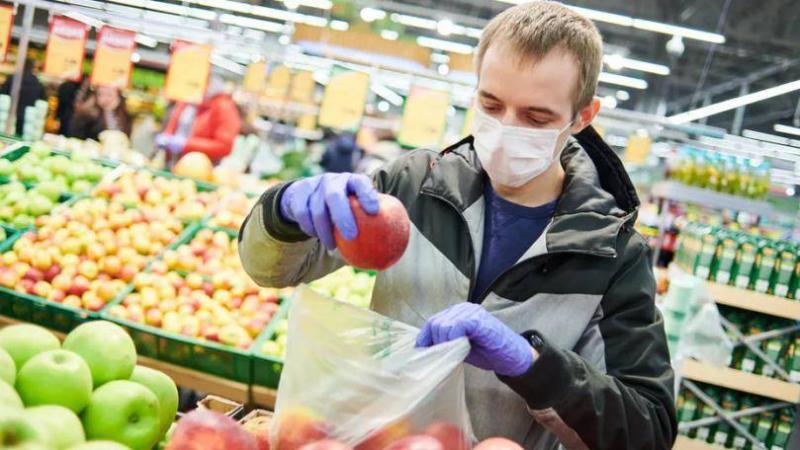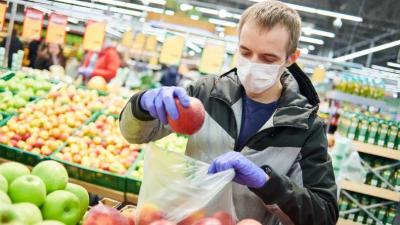About a month and a half after the parliamentary elections, which did not lead to any change either in the work within the parliament or in the ideas surrounding the formation of the new government, or in anything else, we will not ask about our known fate. We are well aware that our crises are "growing," expanding from electricity, medicine, and fuel to reach bread, flour, water, and the possibilities of severe hunger and thirst in a country where all red lines, political and "civil," have fallen. Despite all of the above, we say it is our right to know when? We are "maturing" amid crises, which makes us shift from asking "if"? and "when"? to "when"? An informed source pointed out that "there has been no tangible change in the country after the parliamentary elections, and the reason goes beyond the traditional political forces. Those who define themselves as 'reformers' have not shown us anything beyond bidding, populism, and folklore in their approach to all topics, political, legislative, and even livelihood-related. They have not made the qualitative leap they promised the people. Meanwhile, traditional forces are still present, dealing with issues in the same previous manner."
The source indicated in an interview with "Akhbar Al-Yawm" agency that "regarding the formation of the government, it is necessary to consider, despite everything, that some forces that were represented in the last government lost all their parliamentary representation in the 2022 parliament, while a group of 'reformist forces' entered in their place. But how can this new political map and political forces be translated into the new governmental representation? Is there an intention to form a new government or just to conduct a ministerial amendment? This will become clear in the upcoming period."
The source confirmed the "seriousness of our situation and what we will face in terms of livelihood and food in the coming months. The internal decision was made to reduce Lebanon's wheat share from 50,000 tons to 36,000 tons, by governmental order. In light of the loss of silos after the Beirut port explosion, we can no longer maintain a large stockpile of wheat for the future. This means that the chances of food crises and possibly hunger are increasing in Lebanon."
He concluded: "The country is operating without a food and social security policy and without a clear financial and banking policy, and outside any clear vision or strategy. We no longer understand what is happening or where, as some administrations operate with three people, while others are completely shut down due to ongoing strikes. Thus, we are in a country devoid of any clear administration. The worst is coming, in terms of wheat, flour, bread, and everything."




